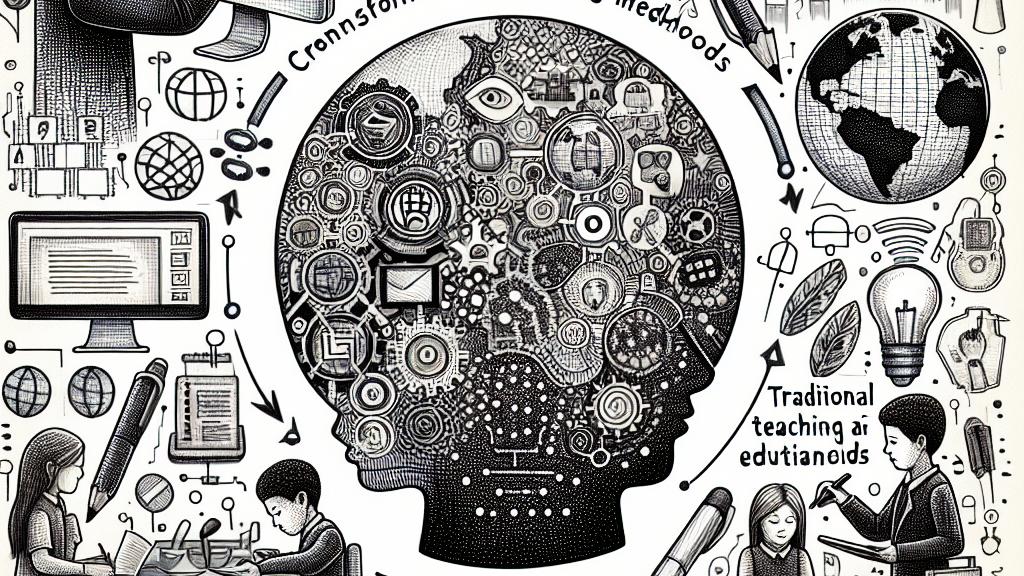Addressing AI Challenges in Education
Overview
- AI is revolutionizing education, driving significant transformations and innovations.
- Fostering critical thinking and creativity is vital for empowering students.
- Integrating philosophy enriches the learning experience, promoting deep engagement.

The Transformative Role of AI in Education
With the swift rise of AI technologies like ChatGPT, educational paradigms worldwide are in a state of evolution. This shift, particularly pronounced in tech-forward nations, poses exciting opportunities and daunting challenges. Traditional teaching methods, historically based on rote memorization and standardized testing, are being questioned. For example, imagine students receiving immediate feedback on essays from AI, which not only helps them learn but also makes the writing process more engaging. However, this dependency on technology urges educators to redefine the essence of learning itself. In this new educational landscape, the focus must transition from grades alone to nurturing critical thinking, creativity, and problem-solving skills—abilities that will empower learners to thrive amidst advancing AI capabilities.
Nurturing Human Skills in an AI-Driven World
Amidst the rapid evolution of technology, the cultivation of distinctly human skills has never been more crucial. One effective strategy is the integration of History and Philosophy of Science into educational frameworks, allowing students to dive deeply into significant scientific concepts and their evolution. For instance, when exploring theories like evolution or the laws of motion, students gain not just factual knowledge but also insight into the scientific inquiry process. Additionally, engaging students in philosophy equips them with essential tools for logical reasoning and critical analysis, invaluable in today’s information-saturated environment. By encouraging them to question assumptions and evaluate diverse viewpoints critically, we empower students to become informed decision-makers capable of tackling complex issues.
Finding Harmony Between Technology and Human Connections
While technology undeniably provides powerful tools to enhance the educational experience, the human element must not be overlooked. Teachers serve not simply as information dispensers but as inspirational mentors who ignite curiosity and foster personal development. Picture a classroom where discussions around the ethical implications of AI lead to spirited debates, encouraging students to ponder real-world dilemmas and explore their beliefs. Moreover, blending philosophy into these discussions allows students to confront complex moral questions, such as the role of AI in privacy or bias. By nurturing an environment that champions both critical thinking and collaborative learning, educators can prepare students to become not only knowledgeable individuals but also compassionate, socially conscious citizens ready to navigate the exciting yet challenging terrain of an AI-enhanced future.

Loading...